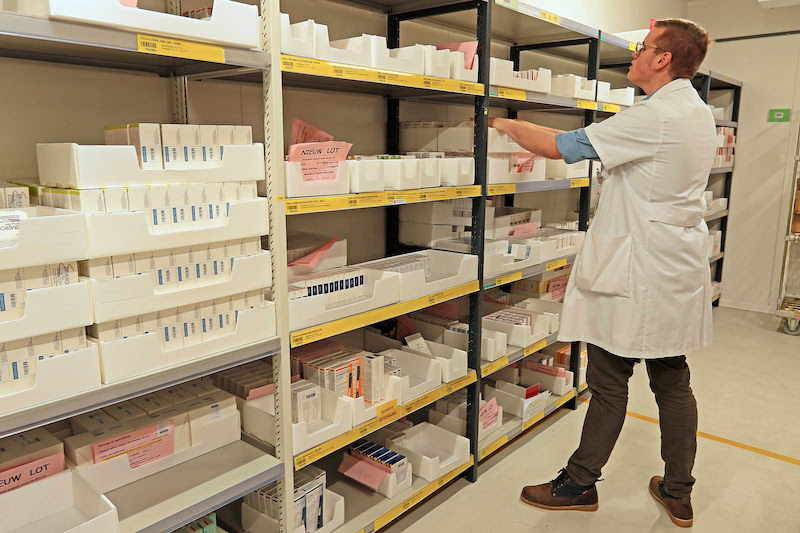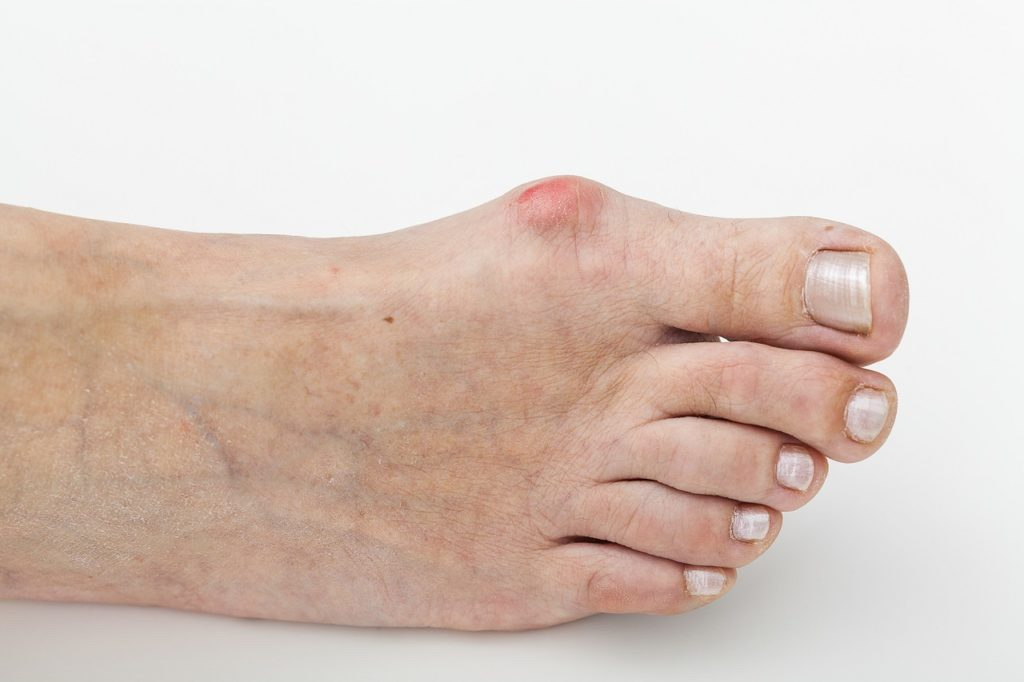
Sleep deprivation harms health
To sleep between 7 and 8 hours is essential so that the organism rests and works correctly. The hours of rest will depend on the age, as we know the babies and the children sleep more than the adults.
A baby can dedicate him easily between 16 and 18 hours to the sleep, while an adult will have sufficiently with 7 or 8 hours. To steal time from him to the sleep can be dangerous, so much to short as long-term. Without going further to rest little favors the absence of concentration, the obesity or the diabetes, while to sleep well prepares illnesses and increases the mental capacity.
Dr. Javier Brualla, expert in medicine of the sleep, speaks to us on how fond of our organism the absence of sleep:
At present we are so busy and the sleep is so undervalued that of “managing them with less hours” the fact has turned into something enviable and even worthy of praise.
Still there keep on being great the persons who believe that the sleep is only an absurd wasting time, which is something that it is possible to modify to our whim without major consequences. It is a big mistake; let’s think that if the nature has dedicated so much time to the sleep (with the current life expectancy in this country there are going to be approximately 27 years those that we are going to spend to ourselves sleeping) it has to be for some important reason.
And this way it is, every night, when the lights go out, our brain begins to work; of a slightly different form to since it does it when we are awake, but realizing a series of tasks of the maximum importance for the organism: it maintains the immune system helping to prepare infections, arranges and consolidates all the information and learnings acquired during the day, maintains the delicate hormonal balance, restores or replaces everything emaciated or worn-out during the day, and also, across a complex channels system all the “garbage” is eliminating generated (toxins and by-products produced by the activity neuronal that accumulating during the day); this way, they go to be able to eliminate residues as harmful as the protein beta – amiloide, responsible for the illness for Alzheimer’s disease.
Hours of sleep
Do we dedicate to the sleep the necessary hours so that all these functions could be realized correctly?: or are we sleeping less than we should?. Time behind, approximately 50 years ago, the average of hours of sleep in night was between 8 and 8 hours. At present, according to the National Survey of Health, it is believed that in Spain an average falls asleep from 7,2 hours until the day; average that is still less in the big downtowns (6 hs 39 sleep min. a day in Madrid ó only 5 hs 46 min. in Tokyo). This supposes that, in general, we sleep at present between 1 – 2 hours less than what was falling asleep in the middle of last century.
Is this sufficient?: or is it that now we need to sleep less than our ancestors?
It is true that the current life style looks alike very little to the one that existed 50 years ago; it is lived more quickly, always busy (super agendas), there is an increasing number of persons that is employed at night shifts, new habits have been generated, many of slightly healthy them for the sleep (in this one we like to have country for dinner late and we usually finish also going to bed late), many other means exist to be able to be always “active” (television, Internet, social networks. …), always with the possibility of “being connected 24 hours”.
The problem that we are confronted with this new way of life is that the brain (our “operating system”) has not evolved in the same way, is neither faster nor more efficient than before, and that means that in order for you to continue taking all their functions correctly you need to continue sleeping time necessary.If you don’t, that trash and accumulated toxic radicals will eventually affect the normal functioning of the cells with risk of neuronal death; this is confirmed by a study appeared in the prestigious journal “Sleep” that shows how, with a single night of sleep deprivation, could already see signs of loss of brain tissue.
The dangers of sleep deprivation
All know what happens when we slept little; we know the feeling of drowsiness, tiredness, slow and imprecise thinking, irritability, increased difficulty in performing daily tasks, but these are not the only consequences; the sleep deficit is also the originator of a highest number of accidents and traffic (it is estimated that in Spain up to 30% of traffic accidents are caused by the lack of sleep), and is also the source of what, with the time, it will eventually become a true public health problem: appear the first metabolic alterations, increases the risk of obesity, diabetes, cardiovascular and cerebrovascular accidents, we are more vulnerable to suffering a picture of anxiety or depression and increases the risk of developing Alzheimer’s disease and even cancer and, against this, citing to Sophocles, “the dream is the only effective medicine”.
Within the national policy of public health, the dream remains the poor relation in disease prevention and health promotion.
There is a particular concern about the growing deprivation of sleep, which suffers from a group of particularly sensitive of the population such as adolescents, where one misses a greater work to raise awareness about the negative effects of a chronic deficit of sleep.
Sleep is not a luxury, but a basic necessity for the survival of the organism. Before re-attempting to steal time to dream we should think about the healthy thing that is the simple fact of sleep every day “a little more”. It is simple, all you need to respect these hours devoted to dream and to make the dream a absolute priority. “But now it’s not going to .. … ?” “No, … .all that will be tomorrow! Now I must go to bed, i need to sleep. Good night! “.
Dr. Javier Brualla
Somnologist – Experto en Medicina del Sueño
Hospital Vithas Internacional Medimar de Alicante





Pingback: Do I suffer a sleep disorder? - MQS